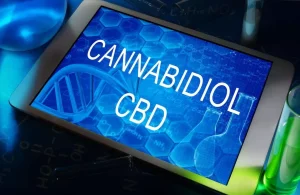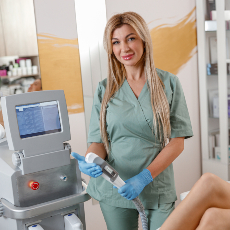
This process makes it less hazardous and more comfortable for a client. You should also speak to your doctor if you think another underlying health condition may cause your night sweats. They may be able to suggest medications, lifestyle changes, or therapies that can help reduce the symptoms of alcohol withdrawal and substance abuse.
Social Support and Treatment Programs
If your body is unable to break down the byproducts of drinking alcohol effectively due to an enzyme deficiency or other factors – voila. Alcohol affects our nervous system in complex ways, leading to symptoms like excessive sweating or “night sweats”. Alcohol withdrawal symptoms range from mild but annoying to severe and life-threatening. Unhealthy alcohol use includes any alcohol use that puts your health or safety at risk or causes other alcohol-related problems. It also includes binge drinking — a pattern of drinking where a male has five or more drinks within two hours or a female has at least four drinks within two hours. Alcohol withdrawal symptoms can be safely and effectively managed within an inpatient detox environment, such as a detox facility or addiction treatment center.
- Reach out to Alcohol Awareness if you or a loved one is having problems related to alcohol.
- Additionally, dealing with reality without alcohol’s pain-killing properties makes people even more vulnerable to further emotional trauma.
- As a whole, maintaining a moderate and responsible alcohol intake is crucial to avoid triggering or worsening these health conditions.
- Recognizing and addressing these symptoms under medical supervision ensures a safe and supported recovery process.
- Prioritizing these five key areas in your life can contribute to more effective recovery outcomes and help you reduce the likelihood of alcoholic night sweats reoccurring.
Alcohol Use Disorder
- Comprehensive alcohol detox programs provide a safe, medically-managed environment to stabilize and treat alcohol withdrawal symptoms like sweating, shakes, and anxiety.
- Alcohol dependence in and of itself does not constitute addiction, but dependence is often a sign of addiction.
- However, as mentioned above, one should be careful when drinking in cold weather.
- Alcohol is a depressant that affects the central nervous system, leading to a range of physical and psychological effects.
- The liver can only metabolize a certain amount of alcohol at one time, approximately one drink per hour.
- It can be helpful to write down your reasons for quitting and the difficulty of withdrawal while it is fresh in your mind.
However, experts agree that if you want to avoid alcohol-induced body odor, the best method is to steer clear of the booze and have fun without drinking. If you’re also dehydrated, you may even want to avoid sweat-intensive workouts after drinking. Excessive sweating will only dehydrate you further, leaving you worse for wear.
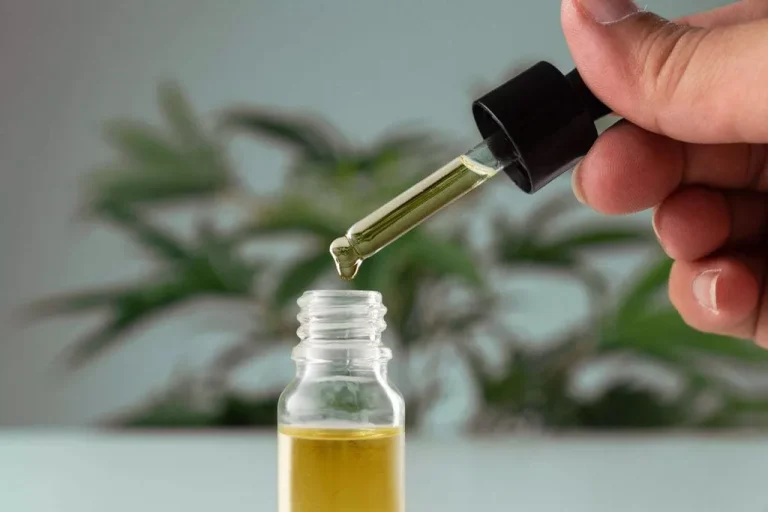
Understanding Alcoholic Night Sweats
Additionally, fatigue, a persistent sense of tiredness or weariness, often accompanies night sweats, potentially impacting overall well-being. It can be helpful to write down your reasons for quitting and the difficulty of withdrawal while it is fresh in your mind. This process temporarily restores homeostasis, or chemical balance, in an effort to counteract the impact of long-term alcohol use on the brain.
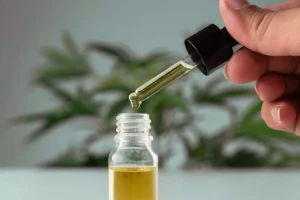
Seeking Treatment
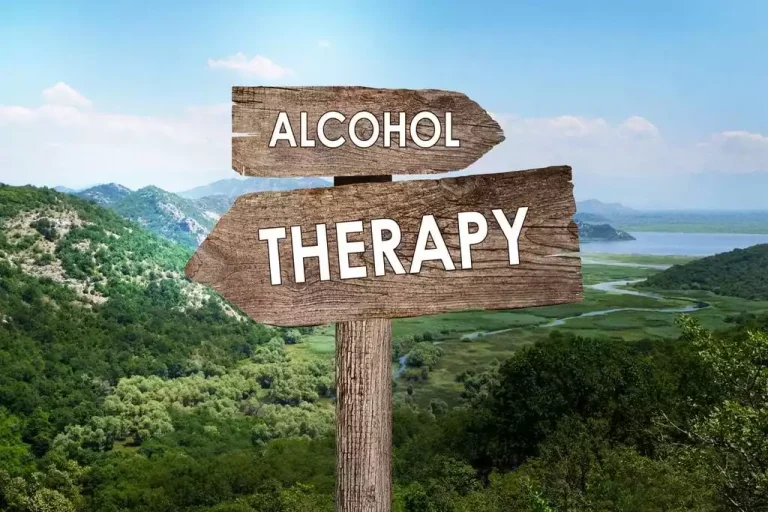
Withdrawal severity depends on the alcohol intake time, physiology variance from person to person, and previous health disorders. Proper medical supervision is crucial during alcohol withdrawal, with particular reference to symptom management and minimization of life-threatening complications. If you experience night sweats that are not due to alcohol consumption, it is essential to seek medical attention.
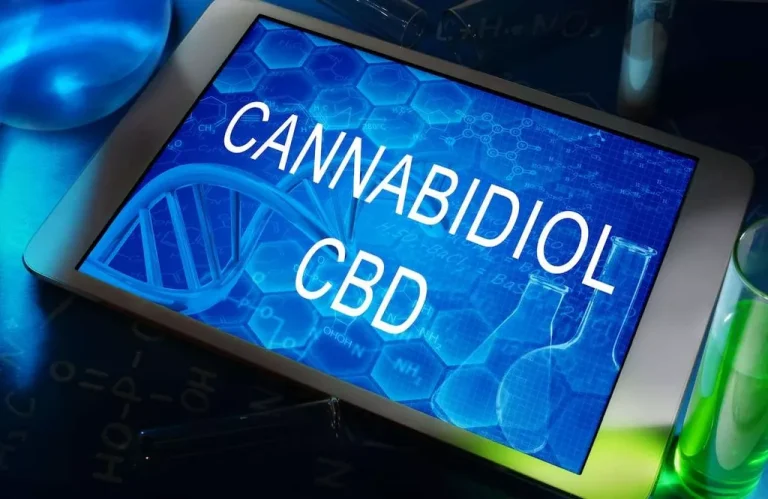
Night sweats from alcohol detox may last days or weeks depending on biological and personal factors. Alcohol sweats, also known as night sweats, are a common withdrawal symptom that typically begins within hours to days after the last alcoholic drink. As the body rids itself of alcohol, it tries to regulate temperature, causing profuse sweating even in cool conditions. It must be noted that the victory over alcohol abuse and intoxication usually does not imply a return to drinking after recovery. The sweating alcohol purpose of recovery is continued abstinence and a healthy lifestyle.
